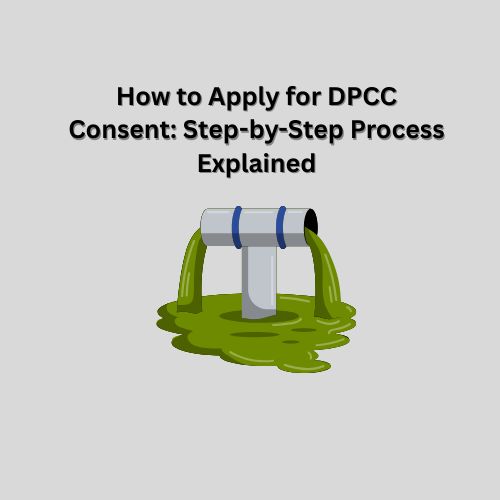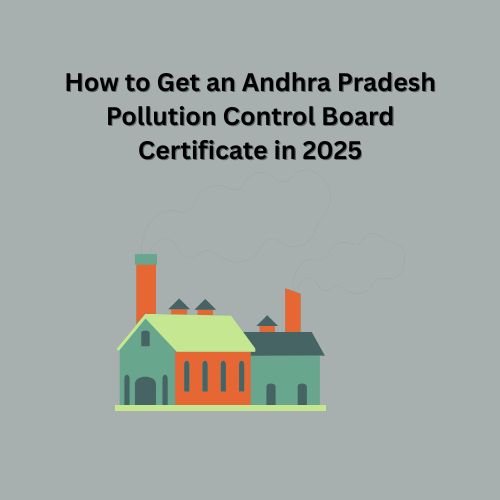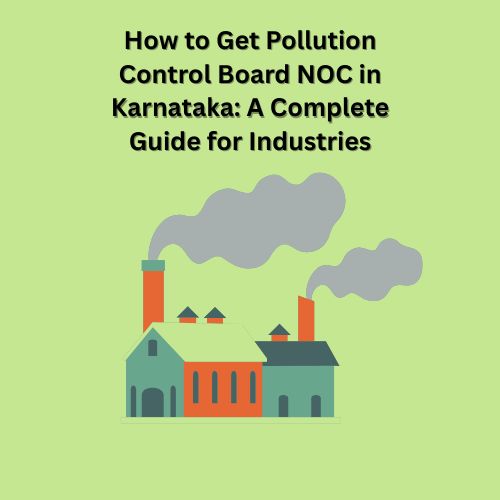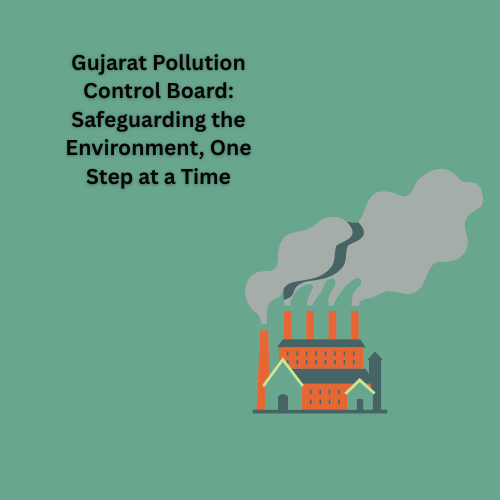How to Apply for DPCC Consent: Step-by-Step Process Explained

Strong 8k brings an ultra-HD IPTV experience to your living room and your pocket.
forming or managing a business in Delhi? Then, getting DPCC consent is not only a formality but a legal need. Your business is assured to follow the environmental guidelines outlined in the Water (Prevention and Control of Pollution) Act of 1974 and the Air (Prevention and Control of Pollution) Act of 1981 with this consent, which was given by the Delhi Pollution Control Committee (DPCC).
Regardless of whether you're building a manufacturing facility, managing a clinic, or operating a restaurant, this booklet walks you through the DPCC registration process, covering DPCC online registration, paperwork requirements, and how to avoid common mistakes.
What Is DPCC Consent?
DPCC consent is an environmental clearance issued by the Delhi Pollution Control Committee to businesses that may generate air, water, or hazardous waste. The certificate ensures that the business meets Delhi's pollution control norms.
There are two main types of DPCC consent:
Consent to Establish (CTE): Required before starting any construction or industrial activity.
Consent to Operate (CTO): Required after infrastructure is in place and before operations begin.
Who Needs DPCC Registration?
Any industry or commercial establishment falling under the Red, Orange, or Green categories must register with the DPCC. This includes:
Manufacturing units
Hospitals and diagnostic centers
Restaurants and food processing units
Hotels and banquet halls
E-waste or plastic waste recyclers
Petrol pumps, laundries, automobile workshops, etc.
Even small-scale units may require DPCC consent, depending on the type of pollution generated.
Step-by-Step DPCC Online Registration Process
Follow this structured process to apply for DPCC consent seamlessly:
Step 1: Classify Your Industry
First, identify your industry’s category based on the level of pollution it generates:
Red: High pollution potential (e.g., chemical manufacturing)
Orange: Medium pollution potential (e.g., hotels, auto workshops)
Green: Low pollution potential (e.g., bakeries, garment stitching units)
White: Exempt from consent; only need an intimation letter
Knowing your category will help you understand whether you need CTE, CTO, or both.
Step 2: DPCC Online Registration
Visit the official DPCC portal: https://dpcc.delhigovt.nic.in
Create an account using your business email ID and mobile number. Fill in basic unit information like:
Business name and address
Category of industry (Red/Orange/Green)
Type of activity
Details of raw materials and finished goods
Power load and water consumption
Verify your account via OTP and proceed to the next step.
Step 3: Upload Required Documents
Here’s a standard checklist of documents for DPCC registration:
PAN and Aadhaar card of the applicant
Site plan and layout map
Rent agreement or property ownership documents
Project report and pollution control measures
Electricity bill or power sanction letter
Water supply proof (if using borewell, provide tube well registration)
Undertaking or affidavit (as applicable)
Trade license or incorporation certificate
Make sure all documents are self-attested and clearly scanned before uploading.
Step 4: Pay the Applicable Fees
Fees for DPCC consent vary depending on:
Type of consent (CTE/CTO)
Industry category (Red, Orange, Green)
Scale of operation (Micro, Small, Medium, Large)
The portal will automatically calculate the applicable fee. You can pay online through net banking, UPI, or debit/credit card.
Step 5: Application Scrutiny & Site Inspection
Once the application and payment are submitted, DPCC officials will review your documents. They may conduct a site inspection to verify:
The presence of pollution control devices
Site layout and operational readiness
Waste disposal mechanisms
If everything is in order, your application will proceed to the final approval stage.
Step 6: Receive and Download DPCC Consent Certificate
If your application is approved, you will receive your DPCC consent certificate through the portal. Download and keep a printed copy displayed at your business premises as mandated.
Common Mistakes to Avoid During DPCC Consent Application
Submitting incorrect or mismatched documents
Choosing the wrong industry category
Ignoring renewal timelines (validity typically ranges from 1 to 5 years.)
Failure to install required pollution control equipment
Not checking local DPCC circulars or category updates
To avoid delays or rejections, it's often helpful to consult with an environmental compliance consultant.
Why DPCC Consent Matters
Legal Compliance: Avoid hefty penalties and shutdown notices
Business Continuity: Enables you to legally operate in Delhi
Eco-Friendly Reputation: Shows that your business cares about sustainability
Permit Integrations: Required for obtaining licenses like trade license, FSSAI, etc.
Final Thoughts
For any Delhi company that cares about the environment, DPCC registration is an essential first step. The DPCC online registration process is more efficient than ever before because it is entirely digital. But correctness of the paper and attention to detail are still crucial.
You can apply for and receive your DPCC consent with confidence by following the above processes, which will guarantee legal compliance and long-term commercial operations in the centre of India's capital.
Note: IndiBlogHub features both user-submitted and editorial content. We do not verify third-party contributions. Read our Disclaimer and Privacy Policyfor details.






